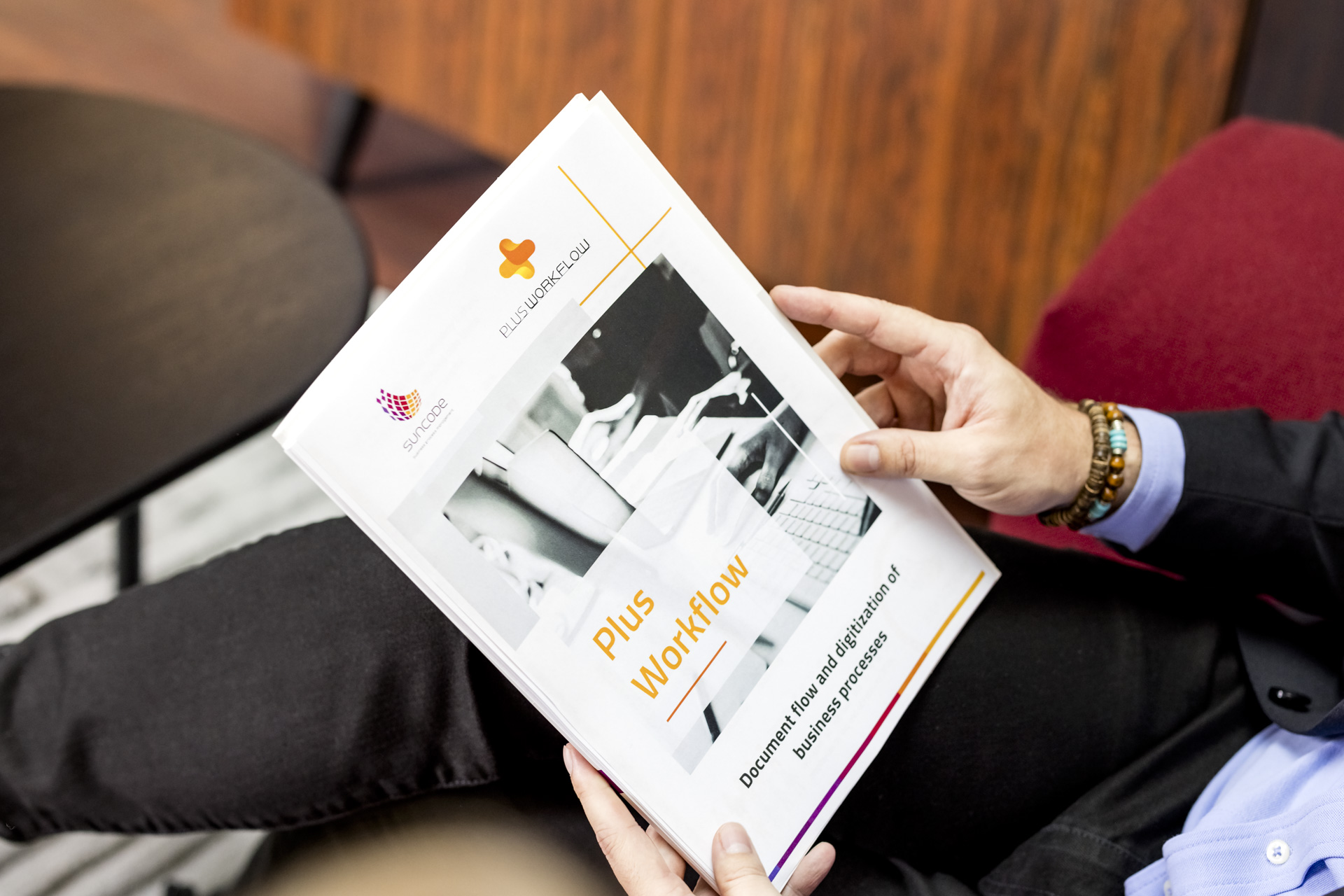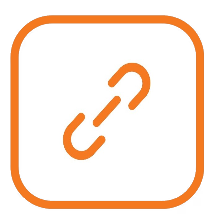Electronic signature


The issue of qualified electronic signatures was standardized more than 20 years ago. It is regulated by the Law of September 18, 2001, on electronic signature, which clearly defines the conditions and legal consequences of using an electronic signature or the procedures related to the provision of this solution. Therefore, it should be made clear that a document with a qualified electronic signature is a binding document on the same terms as the one signed physically by the interested party.
Integrating the Plus Workflow system with qualified signature platforms from authenticated providers allows the efficient regulation of urgent matters, the reduction of costs, and the streamlining of business operations while minimizing the use of paper.
What is a qualified electronic signature?
The qualified signature is an electronic signature authenticated with an appropriate certificate, which allows for the unambiguous identification of the signing user. This is a secure solution, as only the person to whom the signature with the certificate is assigned can use the electronic signature.
Electronic signature in the Plus Workflow
Suncode has ensured that electronic signatures can be used in the Plus Workflow system because more and more organizations are recognizing the advantages of employing them. It has been equipped with a function that allows documents to be signed with electronic signatures or seals from trusted providers.

With such a wide range of available electronic signatures on the Plus Workflow platform, it is possible to digitize practically any business process, regardless of the business area, while respecting the law and ensuring document and data security. In addition, each signed document along with metadata is saved in the electronic repository of documents, thanks to which authorized users gain access to a central, secure, fast, and reliable database of company documents.
Electronic signature with the Plus Workflow offers many benefits, among them:
- Data security;
- Time saving;
- Simplicity of use;
- Efficient document signing regardless of location;
- Reduction of costs associated with handling and storing paper documents;
- An efficient control of applied changes and the status of signatures from individual users.
Undoubtedly, e-signature is the next step towards the digitalization of processes and, thus, the digital transformation of the enterprise. With e-signatures, it is possible to gradually eliminate paper documents, reduce process execution time, lower process costs by significantly reducing the labor intensity associated with document preparation and handwritten signatures, improve document security, and enable remote work for people working in a hybrid or remote model.









